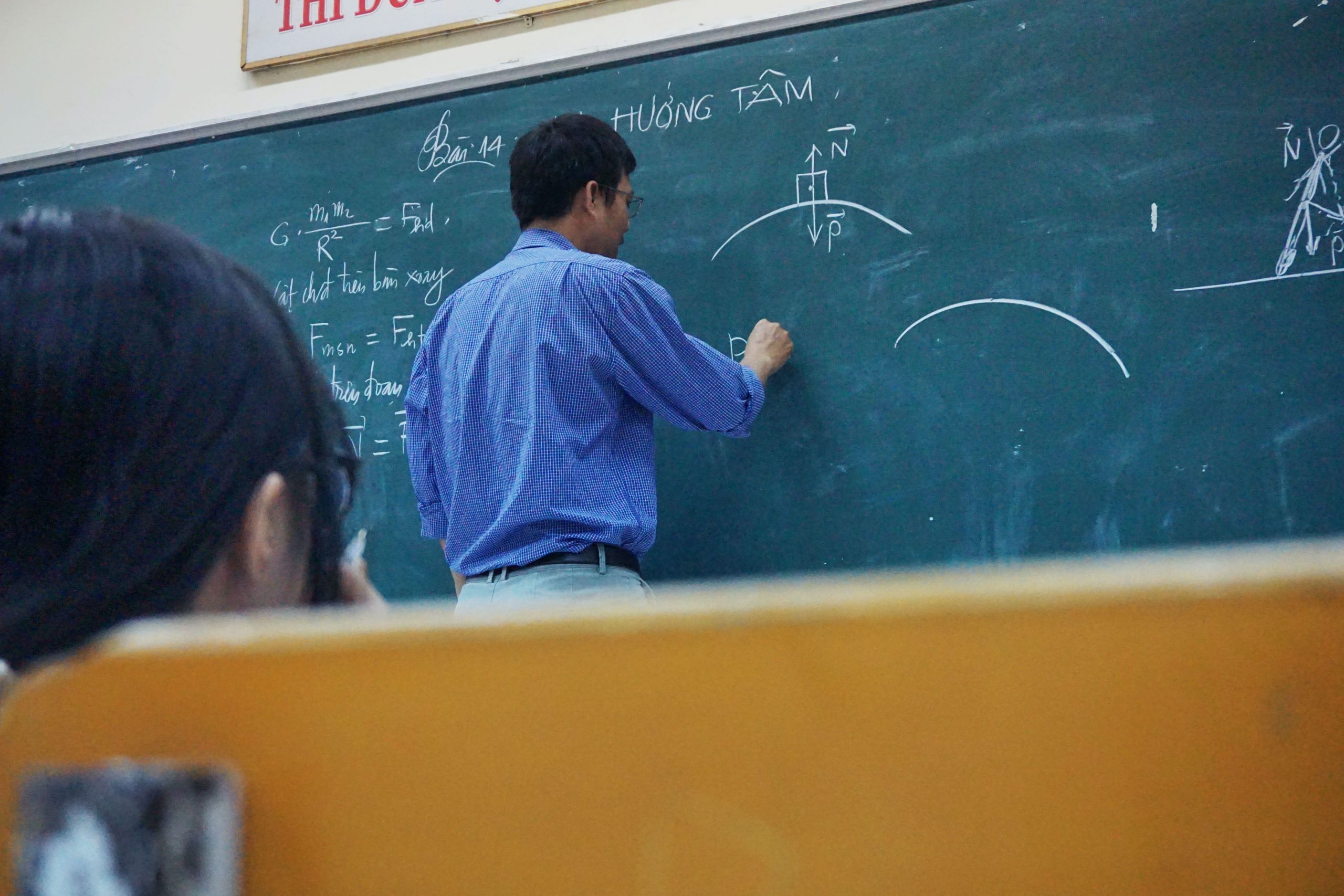Every year International Literacy Day is celebrated across the world on September 8. This day is celebrated to raise awareness about the importance of literacy as a matter of dignity and human rights. In 1967, the first international Literacy Day was celebrated.
Also Read: AP EAMCET 2021 result to be declared on September 8. Know how to check
In 1966, United Nations Educational, Scientific and Cultural Organization (UNESCO) declared September 8 as the International Literacy Day. This Day also highlights the need for intensified efforts towards more literate societies.
Also Read: SBI Apprentice Exam 2021 admit card released, check how to download
Relevance of International Literacy Day:
Despite the progress made over the years, at least 773 million young people and adults lack basic literacy skills today. The coronavirus epidemic has disrupted the learning of children, adolescents and adults in an unprecedented way. It has also exacerbated existing inequalities in accessing educated learning opportunities.
Also Read: Digital divide: Only 8% rural students accessed online education amid pandemic
Even in the midst of the epidemic, efforts are being made to find ways to ensure continuous learning, including virtual learning, which is often combined with personal learning. However, access to literacy opportunities is not evenly distributed.
The online learning processes have exposed the ever-increasing digital divide in terms of connectivity, infrastructure, and the ability to engage with technology, as well as the diversity of other resources such as access to electricity.
Theme of International Literacy Day:
This year the theme of International Literacy Day is ‘Literacy for a human-centred recovery: Narrowing the digital divide’.
Also Read: Howard University renames college after alma mater Chadwick Boseman
According to the UN website, ‘’International Literacy Day (ILD) 2021 will look at how literacy can help build a solid foundation for community-based recovery, with a strong focus on sharing the literacy and digital skills needed by young people and adults who cannot read and write. It will also examine what makes literacy allowed by technology to be all-inclusive and meaningful so as not to leave anyone behind. In doing so, ILD2021 will be an opportunity to reflect on teaching and learning in the future, both within and outside the context of the epidemic. ”




